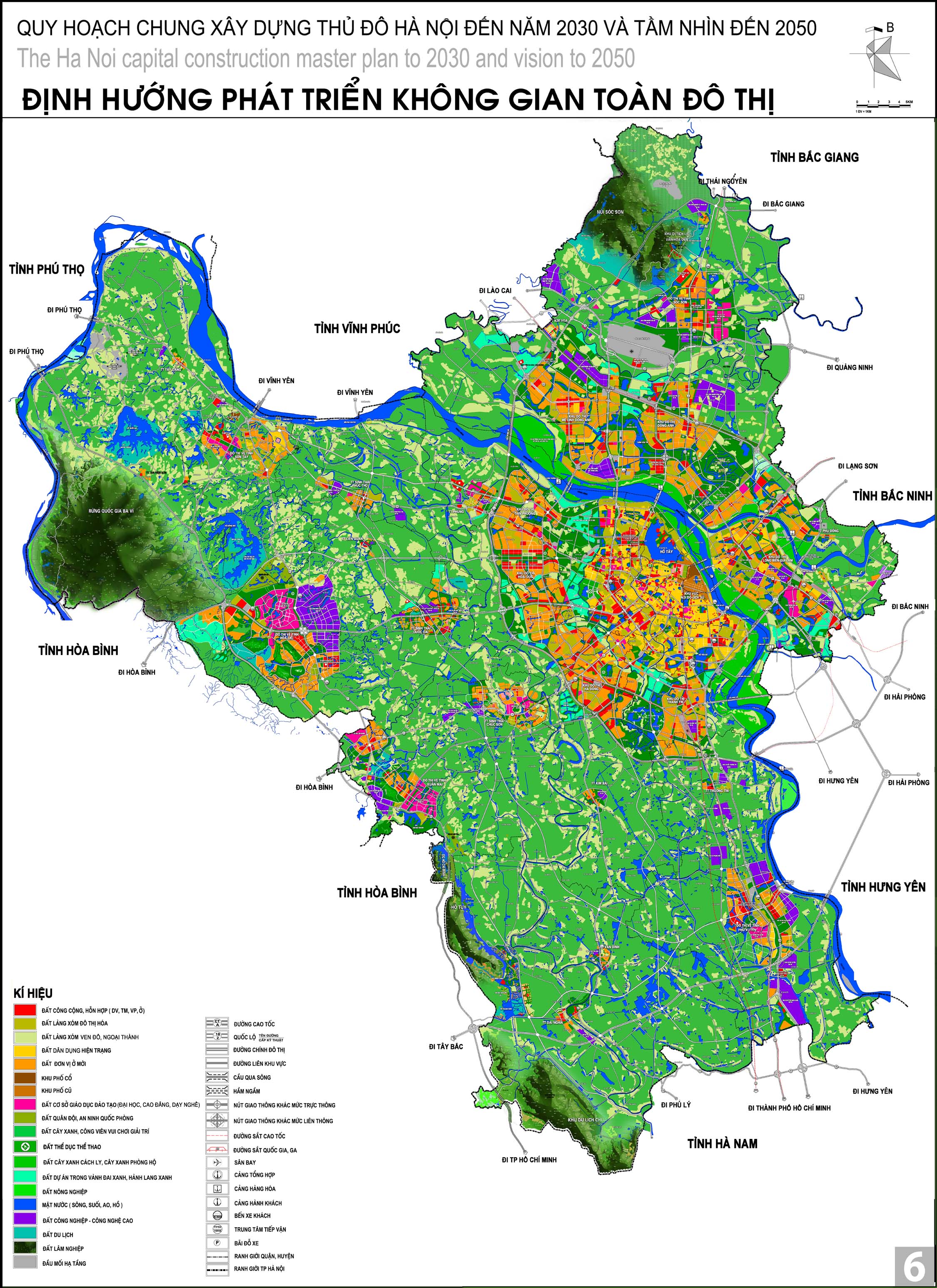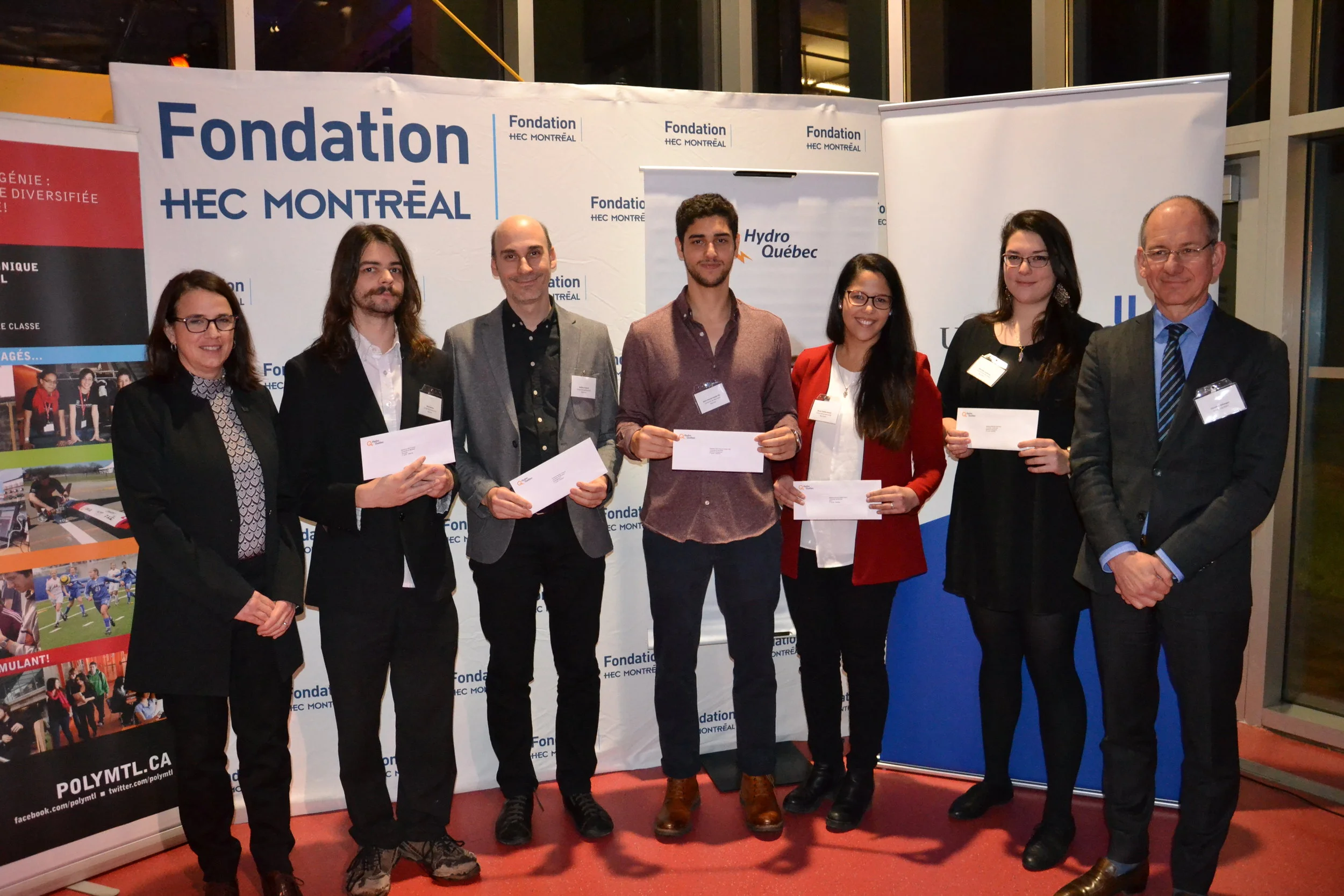Les midi-séminaires: Adolescentes et espace public
Amélie Boudot
During the lunchtime seminars, Amélie Boudot, an urban planning graduate from the Faculté d’Aménagement of the Université de Montréal, will present her research entitled "L'Expérience des adolescentes dans l'espace public à Zapopan (Mexique) : Une analyse de genre et perspectives urbanistiques".
Faced with an urban context that is unfavourable to the realization of their right to the city, this research questions the experience of adolescent girls from disadvantaged backgrounds in the public space, particularly when they are on the move. The research focuses on the experiences of young women living in the peripheral and marginalized Miramar neighbourhood of Zapopan, a municipality in the Guadalajara metropolitan area of Jalisco, Mexico. It was conducted using a feminist methodological framework, with a qualitative and participatory approach, including action research-based data collection methods and popular education processes.
This methodology has helped deepen the understanding of the situation of adolescent girls - a double exclusion in the public space - and led young women to formulate and present concrete recommendations to the municipality. Finally, this research has shown that participatory processes in urban planning are useful both for the production of knowledge and for the realization of the right to the city. During the lunchtime seminars, emphasis will be placed on the methodology used and the data collection methods used.
Bring your lunch and join the discussion on Thursday, October 31, at room 3073 of the Faculty of Planning of the Université de Montréal.
Arrive early, places are limited!
For more information follow the link to the event on our Facebook page.




















